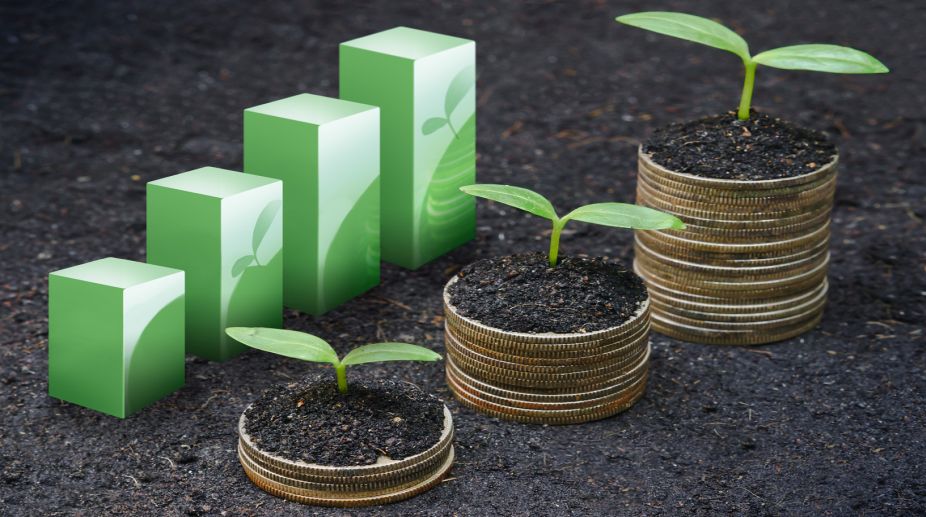Annpurna Devi to lead India at UNCSW session starting from Monday in New York
The Union minister for women and child development will deliver the National Statement at the Commission, and participate in the Ministerial Roundtable.

(Photo: Getty Images)
India can achieve an 8 per cent growth rate for the next two decades if it unleashes the next set of reforms that could help it in realising its full potential, according to a senior UN official.
The UN, in its latest report, projected India’s growth rate to be 7.2 per cent in 2018 and 7.4 per cent in 2019.
Advertisement
Describing India’s economic condition as largely positive and “favourable to growth”, Sebastian Vergara, an Economic Affairs Officer at the UN, said the country needs to unleash the next set of reforms to achieve its potential.
Advertisement
“It needs to think as to how to maintain and consolidate its growth for a very long period of time. India in our assessment has the potential to grow at eight per cent, not for a few years, but 20 years,” Vergara told PTI.
“For that, India needs to come out with the next series of reforms, for example, promote investment and improve the living condition of its population,” he said.
The annual ‘World Economic Situation Prospects’ report, released last week, said the GDP growth for India in 2017 is projected to be 6.7 per cent.
Despite the positive economic condition, Vergara said, India’s economic growth could be a little lower in comparison to some of the earlier forecasts.
One of this is the growth of private consumption and sound macroeconomic policies. The monetary policy, which has been able to control inflation, also has a role to play, he said.
“Also fiscal policy in India, in our assessment has been prudent. At the same time, it has provided another quite support for the economic activity,” Vergara said.
The UN officer praised the Indian government’s emphasis on public investment and infrastructure projects.
“This has been very important to promote growth in the short term and to encourage economic activity in the medium term,” he said.
The series of regulatory reforms that has happened in the previous year and the current one has also helped India’s cause, said the UN official who keeps a tab on India’s economic health and development.
“Demonetisation clearly had an impact in early 2017. This resulted in a significant liquidity crunch, but was temporary,” he said.
“As the year went on, measures were implemented, financial relief were introduced, steps like credit support for small enterprise to help contain the shock that this demonetisation policy created,” he said, adding that demonetisation has benefited the banking sector and increased the tax base — which will help the fiscal accounts.
“So, in the medium term, we think that this policy will help the Indian economy,” Vergara said.
According to the top UN economic official, 2017 has been a year of major economic reforms in India, particularly in the banking sector.
“There has been deregulation and further liberalisation of the policies regarding foreign direct investment,” he said.
Vergara said these reforms are helping the Indian economy to improve its efficiency and increase the medium-term prospects of its economy.
“In that sense these policy reforms are positive. Of course, we will see how these policies are implemented,” he said.
Advertisement